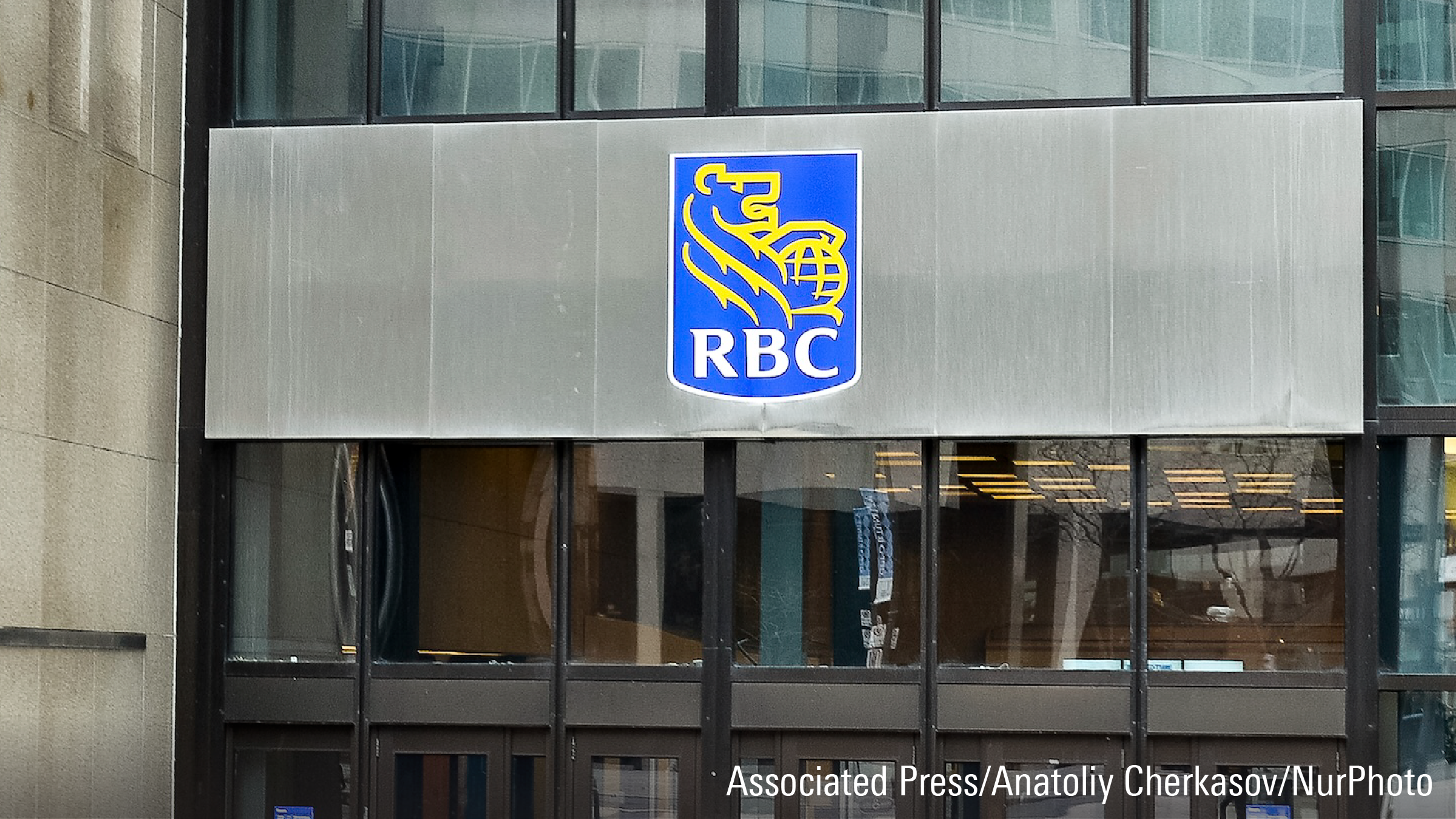As I write this, it is countdown for a vacation getaway. After months of discussions with my husband, mulling over preferences, where to stay, what to do and how much it will cost, we're both looking forward to our vacation destination. Yet the decision did take a while.
In many respects, the process of planning for a vacation is a good starting point for looking at retirement, says Marie Howes, a certified financial planner with Howes & Associates/MoneySmart Inc. in Mississauga. "When you think about planning for a vacation, you are thinking of a happy time, you're thinking of relaxation, and there's positive energy in the whole process."
Theoretically, it should be the same positive experience for retirement. We should be eager to make plans, but, according to Howes, we're not. There is a certain amount of anxiety associated with retirement planning because we don't know, in some ways, where we're going. It's not a one-stop destination.
My husband and I were on the right track during our many conversations about our vacation. Being open to discussion is no small point in retirement planning. For couples, retirement can entail very different wishes and goals.
That old cliché that opposites attract may pose some challenges during the golden years. For example, if one partner is an avid golfer and the other doesn't play golf, flexibility can go a long way in creating a mutually enjoyable retirement. "The whole idea of compromise and thinking about a variety of activities is important," says Howes.
Another important consideration in both retirement and vacation planning is the aspect of safety. The new generation of retirees is often more adventurous than previous generations, but they may be opening themselves up to unintentional risk.
"My husband is a medical microbiologist," says Howes, "and it's been a theme of his that people do really foolish things when it comes to not protecting themselves. Is it really all that smart going on extreme vacations when you're in your 60s and your immune system is not quite up to it?"
Then there's the cost factor. Just as we factor in expenses for vacation, we need to think about our budget for retirement -- with one critical difference. In retirement, it's essential to know what money and cash flow you have available because you cannot make up for lost funds.
While the cost factor is the bottom-line reality check, Patrick Longhurst, an independent retirement advisor in Toronto, likes to start with the vision. "We say to our clients, tell us about your dreams, your vision of retirement in an ideal world," says Longhurst, president of Longhurst & Jack Inc. Then he tries to estimate the cost of that dream and prepare a financial projection for them, factoring in all their sources of income and personal savings.
Based on numeric model-crunching, if the retirement dream is not viable, there are other options. For instance, a client may look at the hard numbers and understand that they can't buy that place in Florida. They can then ask: Would the model work if I rented a house for a month every year instead?
"So you noodle around with a model," says Longhurst, "until you find something that's often a compromise between the dream and the financial reality." He thinks that by focusing on costing the dream, you give somebody a personal situation rather than trying to pigeon-hole them into something. "What really upsets me is when you hear these so-called experts saying you have to have a million dollars to retire, it just doesn't make any sense."
While Longhurst is in the business of offering retirement advice, he considers advisors a helpful tool in retirement planning. Life has changed significantly because of the Internet and an avid planner can easily tap into financial models and download free guides. "So the role of the financial advisor is to complement what these people can do themselves," says Longhurst, "much like the role of a travel agent." Both can offer sources and perspective above and beyond the click of a mouse.
Perspective is high on the personal list of helpful tools for Longhurst, who is transitioning into retirement himself. After retiring from 30 years as a consulting actuary to launch his firm in 2004, he wanted to put his stressful job behind him. "So I said to myself, nobody's going to tell me what to do, I'm just going to go in and do what I what I feel like," he says. But after a month, the work wasn't as satisfying as he expected and he often went home feeling as if he had wasted the day.
Perplexed by his lack of satisfaction, he turned to his long-time friend, Av Lieberman, president of The Retirement Education Centre Inc. in Kitchener, Ont., for some objective feedback. "And Av says to me, everyone needs some goals and structure in retirement to provide some guidance to how things go."
Longhurst thinks that's true of a vacation as well. It's often the structure that you impose on a vacation that makes it an enjoyable experience, and you have to achieve certain things in a certain period of time. It was only after he followed Lieberman's advice and set up structure in his day that his work became a pleasure.
"I think everyone needs an independent person as a sounding board," says Longhurst, "but I'm not sure that everybody needs a financial planner. It takes a real special person to take the risk of being honest. Most people tell you what you want to hear, but the special ones will tell you what they think you should know."















